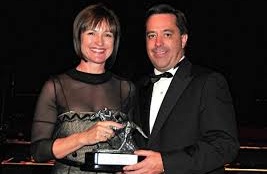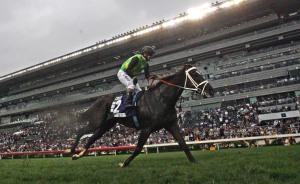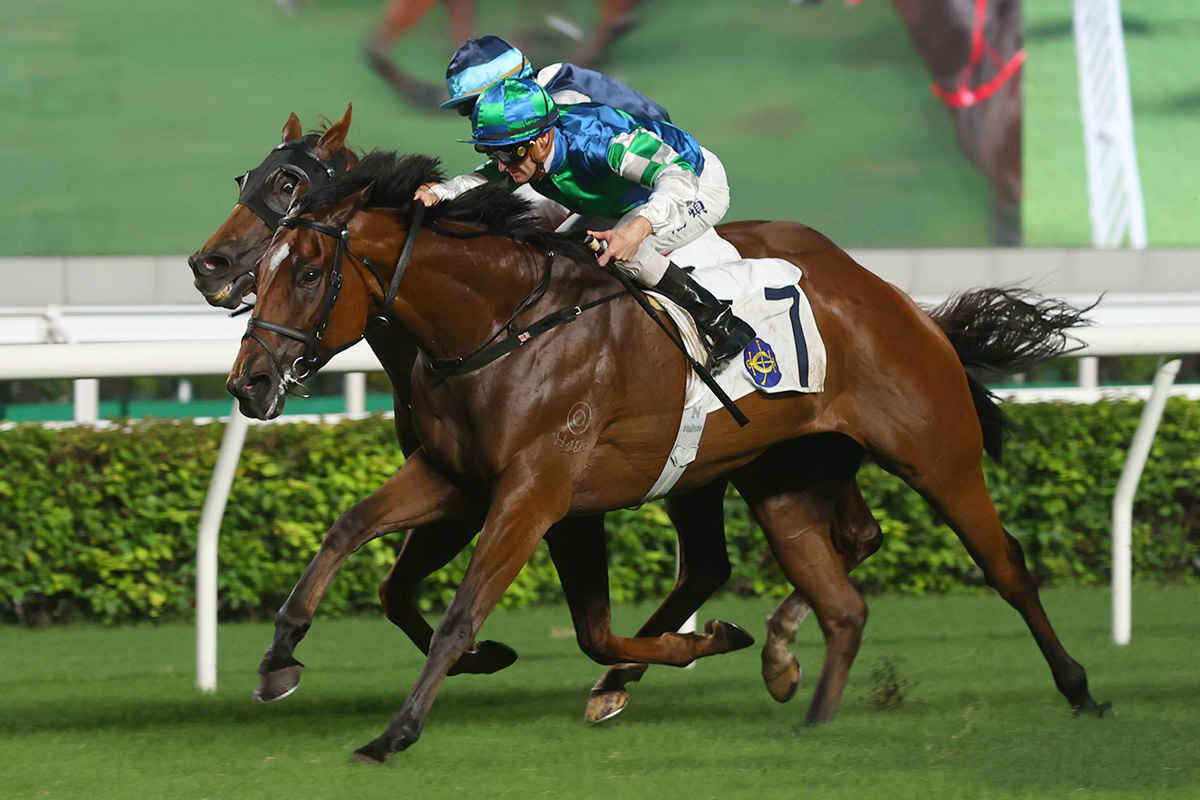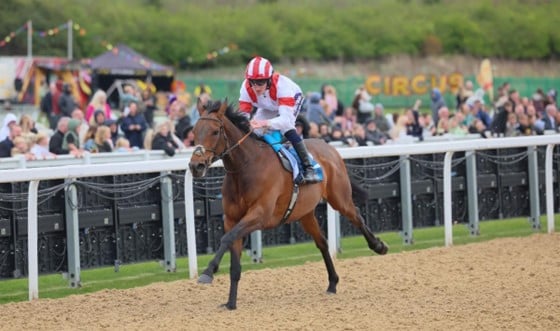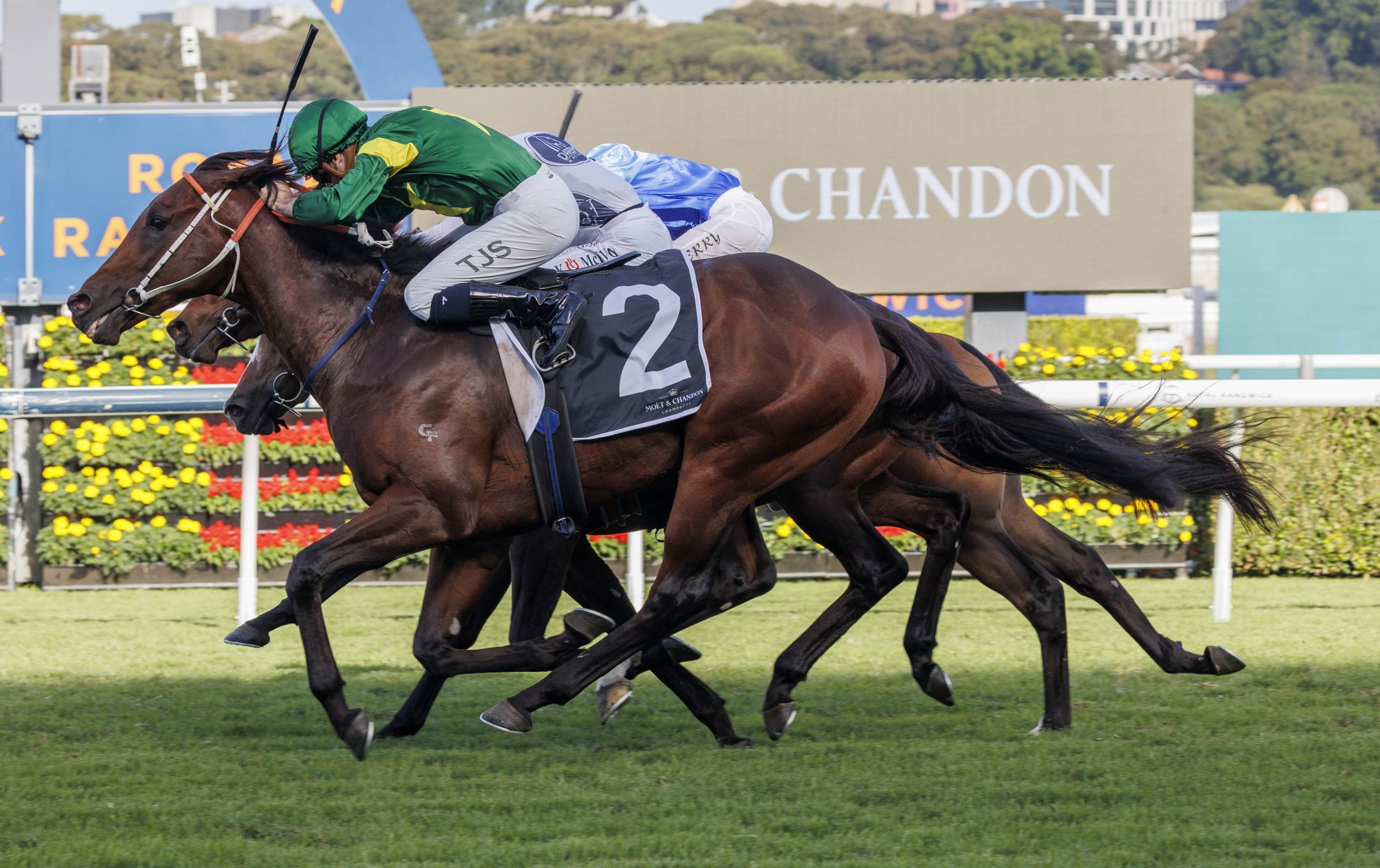Two titans of South African industry will effectively tie the knot, following a deal that sees Christo Wiese sell his entire stake in discount retailer Pepkor to Steinhoff, run by Markus Jooste , in exchange for 19.9% of Steinhoff.
Once the intricate deal is done, Steinhoff will have paid R62.8 billion for 92.34% of Pepkor. Pepkor management will own the balance.
Analysts are divided on who benefited the most – Steinhoff, Wiese or Brait.
Steinhoff is effectively acquiring Pepkor from four different vendors.
It will acquire 52.47% from two Wiese-controlled family trusts: Titan Investments and Thibault Square Financial Services
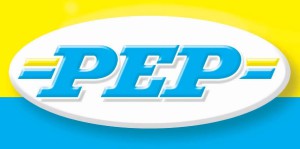 Another 34.9% comes from investment holding company Brait, in which Wiese is a shareholder
Another 34.9% comes from investment holding company Brait, in which Wiese is a shareholder
The last 2.81% comes from Pepkor management.
Brait will receive R15 billion in cash and 200 million Steinhoff shares (about 5% of Steinhoff on a diluted share basis) for its stake in Pepkor. Investors in Brait were horrified at the sale of their largest asset and the share fell within hours of the Sens announcements and was down 19.04% at R71.60 by 15:50.
In the last financial year Pepkor, which has 12 retail brands including Pep, Ackermans and Poland-based Pepco, reported revenue of R38.2 billion. Of this 63% was earned in South Africa and surrounding countries and the balance in Australia (23%), Eastern Europe (9%) and the rest of Africa (5%).
“Was this good for Brait? Certainly not in the short term, they were absolutely caned. Obliterated,” Vestact portfolio manager Sasha Naryshkine said in a note.
“Brait shareholders are telling you that they do not want their Pepkor shareholding to be a part proxy for Steinhoff; they can buy Steinhoff in the market,” he says.
Steve Meintjes, Head of Research at Imara SP Reid also questioned the value from a Brait perspective. “Management says it ‘is investigating a number of exciting investment opportunities that may add significant value for shareholders.’ This is all well and good, but the only problem we have is that the market seems to be attributing a nearly 50% premium to the available cash, which Brait may be deploying in these new investments…. For those who believe in Brait Alchemy, we maintain our fully valued call, while for other, more sceptical, investors, it would be a sell.”
However Wilhelm Hertzog, portfolio manager at RECM believes the Brait shareholders are the winners in this deal. Brait paid R4.8 billion for its initial 34.9% stake in Pepkor in 2011. At the time the company was valued at R2.4 billion on an EBITDA multiple of 7.5 x.
The sale, he says values Pepkor at an enterprise value of R73.38 billion on an EBITDA multiple of 16.6x. “Yes the price is less than the value the market was implying, but our view is that Pep is not worth a great deal more than the 8x EBITDA multiple it was carried for in Brait’s net asset value,” he says. “We see this as a value accretive deal for Brait shareholders. I’m less convinced about the benefits for Steinhoff.”
For others, Wiese is the winner. Through his family trusts, he will receive 609.1 billion ordinary Steinhoff shares in exchange for his stake in the company he founded in 1965.
“Wiese externalises a large portion of his local wealth in this transaction,” says Naryshkine. “Think about it – the proportion of revenues and operating profits that Steinhoff generated from its non-South African operations were 74% and 90%, respectively. Wiese is willing to give up the premium in Brait for the increased Steinhoff stake.”
What about Steinhoff’s gain?
Steinhoff is clearly building a retail powerhouse. Like Pepkor, it owns a variety of retail brands – largely furniture, beds and bedding, most of which are focused on the value end of the market. These include French-based furniture retailer Conforama, Abra in Poland, PoCo in Eastern Germany and the JD Group in SA.
The company says the acquisition will strengthen its position within the discount retail market segment. In addition the diversification into faster moving clothing, household goods and cellular retail will be earnings enhancing and ensure the company is less cyclically exposed.
But it did pay top dollar for the asset.
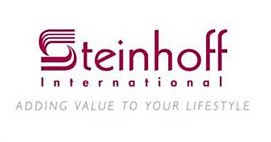 “Steinhoff bought Pepkor on a 30x PE, which is not cheap,” says Reuben Beelders, CIO at Gryphon Asset Management. “Compare that to Shoprite, which trades on a 24.2x PE. In effect Steinhoff management is saying that PEP is more valuable than SHP.”
“Steinhoff bought Pepkor on a 30x PE, which is not cheap,” says Reuben Beelders, CIO at Gryphon Asset Management. “Compare that to Shoprite, which trades on a 24.2x PE. In effect Steinhoff management is saying that PEP is more valuable than SHP.”
He adds that dilution also occurs when shares of a low PE company [Steinhoff trades off a PE of 13x] are issued to pay for an earnings stream at a higher PE.
According to pro forma information supplied by Steinhoff, its diluted headline earnings per share (Heps) for the year to June were 402 cents per share. Had the deal been done at the time, diluted Heps would have been 384.3 cents per share.
On the upside “in the long run the Steinhoff share should rerate,” adds Gryphon CEO Abri du Plessis. “They are buying a quality business which will help ensure that earnings are less cyclical than previously.”
What remains unclear, says Beelders, is the end game for Steinhoff.
Steinhoff plans to list some of its assets in Europe in 2015, followed by an inward listing on the JSE. “It will be interesting to see how they split the assets,” Beelders says. “Will it be SA on the one hand and the international assets on the other or will it be retail on the one hand and manufacturing on the other? The group will be big enough to have choices.”
At this point Meintjes is not too worried about the finer machinations. “This deal makes sense from Steinhoff’s point of view,” he says.
The devil, as they say, will be in the detail. And there is plenty of detail to work through before the deal unfolds towards the end of March 2015.
www.moneyweb.co.za



